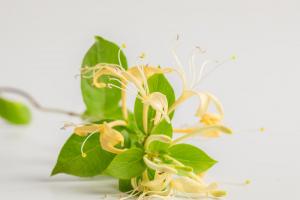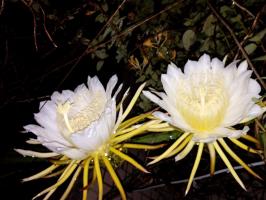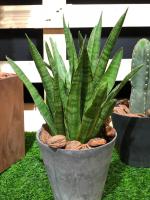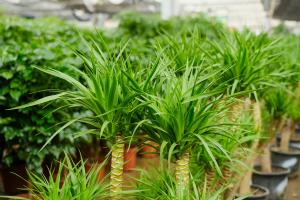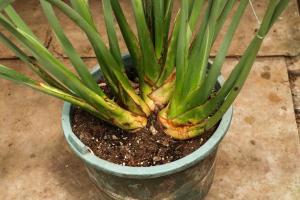Is Hard or Soft Water Better for Aquarium Plants?
One of the most important factors for successful aquarium plant growth is having the right water chemistry. One question that frequently arises is whether hard or soft water is better for aquarium plants. This is a complex issue with no clear-cut answer, as it depends on the specific plants in your aquarium and a variety of other factors. In this article, we'll explore the pros and cons of both hard and soft water for aquarium plants, and offer some tips for maintaining optimal water conditions.
What is Hard Water?
Hard water is defined as water that contains high levels of dissolved minerals, specifically calcium and magnesium. These minerals come from the earth and dissolve into the water as it passes through rock and soil. Depending on the location, hard water can be found in both fresh and saltwater environments. In aquariums, hard water is generally classified as having a high pH (above 7.5) and a high GH (General Hardness) level, measured in degrees of German hardness (dGH).
Pros and Cons of Hard Water for Aquarium Plants
On the plus side, many aquarium plants are native to regions with hard water, so they are adapted to these conditions. In fact, some plants require hard water to thrive, as the minerals help to support their growth and prevent nutrient deficiencies. Additionally, hard water can buffer the pH level and provide a stable environment for both fish and plants. However, there are also some downsides to using hard water in your aquarium. Certain species of fish and invertebrates may be sensitive to high GH levels, leading to health problems or even death. Furthermore, excess calcium and magnesium can cause a buildup of deposits on the aquarium glass and equipment, making maintenance a bit more challenging.
What is Soft Water?
Soft water, on the other hand, is defined as water that has low levels of dissolved minerals. This is usually the result of passing through areas with little to no rock or soil, such as rainwater or snowmelt. Soft water has a low pH (below 7.0) and a low GH level, typically measured in degrees of Khara hardness (dKH).
Pros and Cons of Soft Water for Aquarium Plants
Soft water can have some advantages for aquarium plants. Certain species, such as many Amazonian and Southeast Asian plant species, are adapted to soft water conditions and may not thrive in a hard water environment. Soft water also tends to be less prone to mineral buildup on aquarium surfaces, making maintenance easier. However, there are also some downsides to using soft water in your aquarium. Specifically, soft water may not provide sufficient minerals and nutrients for all plant species, leading to deficiencies and slow growth. Additionally, soft water can be more acidic, which can stress certain fish and invertebrates and impact their health.
Optimizing Water Conditions for Your Aquarium Plants
Ultimately, the best water chemistry for aquarium plants will depend on the specific types of plants and fish in your aquarium, as well as your personal preferences and priorities. It's important to test your water regularly to monitor pH, GH and KH levels and adjust as needed. Adding minerals or using a buffering substrate can help to maintain stable water conditions and provide necessary nutrients for plants. Additionally, consider the climate and source of your water, as these factors can impact water chemistry. Above all, be observant and flexible as you work to create the ideal environment for your aquatic plants and animals.
Conclusion
So, which is better, hard or soft water for aquarium plants? The answer is not straightforward, as it depends on a variety of factors. While some plants may thrive in hard water, others may require soft water to grow properly. It's important to test your water and adjust as needed to maintain optimal conditions for your plants and fish. Whether you choose hard or soft water, focus on creating a balanced, stable environment that will support healthy, thriving aquatic life.

 how many times do yo...
how many times do yo... how many planted tre...
how many planted tre... how many pine trees ...
how many pine trees ... how many pecan trees...
how many pecan trees... how many plants comp...
how many plants comp... how many plants can ...
how many plants can ... how many plants and ...
how many plants and ... how many pepper plan...
how many pepper plan...